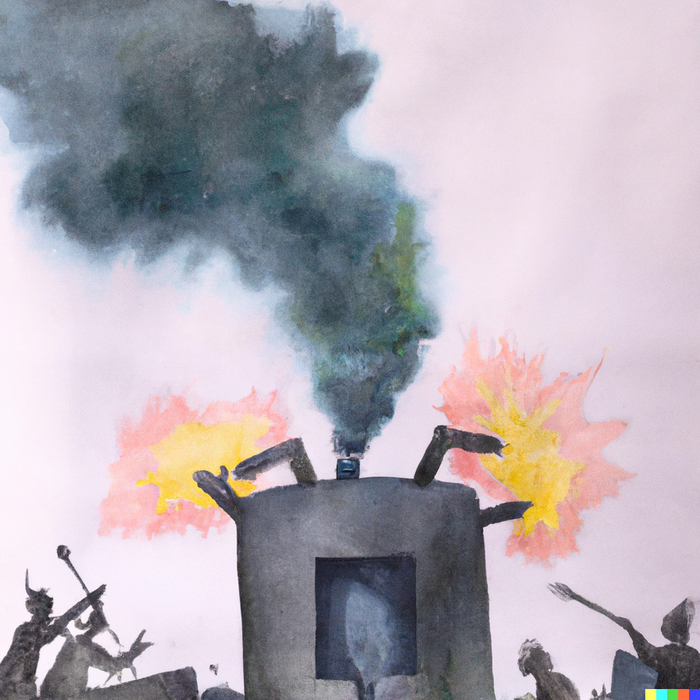Revolutionary burnout: exit, paralysis, maturation and the demobilization of mass protest in Lebanon
A substantial share of studies assessing the outcome of the so-called Arab Spring has focused on the abilities and capacities of regimes to repress or coopt the various revolutionary movements and thus on structural conditions and exogenous factors as the main explanatory variable for revolutionary failure. Others have concentrated on movement internal factors on the meso-level, including ideological rifts and splits within the coalitions that toppled several assumed presidents-for-life in the region. They emphasize the centrality of inter and intraorganizational dynamics for revolutionary demobilization – often in response to restrictions of civic spaces or major repressive events.
By contrast, the less repression-linked dynamics of protest demobilization have remained largely understudied. A growing body of literature suggests that narratives of defeat, loss, and failure, stemming from complex personal meaning making processes in response to specific key events are at the core of revolutionaries’ decisions to demobilize or to recenter their engagement away from street politics.But these micro level dynamics are often black-boxed and pathologized as revolutionary trauma or depression.
The present study aims to differentiate this picture based on evidence from the aftermath of the Lebanese Thawra of 2019. It contrasts with previous accounts of demobilization in the Arab world in two respects: first, by covering the remarkable case of a revolutionary fire that was not abruptly extinguished by repression or by a depletion of the grievances fueling it, but rather consumed itself slowly and steadily until effectively burning out; second, by exploring the relationship between shifts in the macrostructural environment of a revolutionary movement and the individualized feeling-thinking processes that mediated between the experiences of these shifts and strategic action choices on an organizational level.
Drawing on a combination of protest event data and in-depth narrative interviews, I argue that such multilevel feedback effects produced an ambivalent climate among those involved in revolutionary mobilization marked by a combination of exit, paralysis, and political maturation. The coaction of these three demobilizing vectors effected a “revolutionary burnout” by deepening rifts within Lebanon’s revolutionary coalition, undermining efforts at street level activism, and channeling dissent into less disruptive forms of political activism. These findings problematize the narrow focus on repression as the primary explanation for why revolutions end and represent a step towards a more comprehensive theorization of demobilization.
